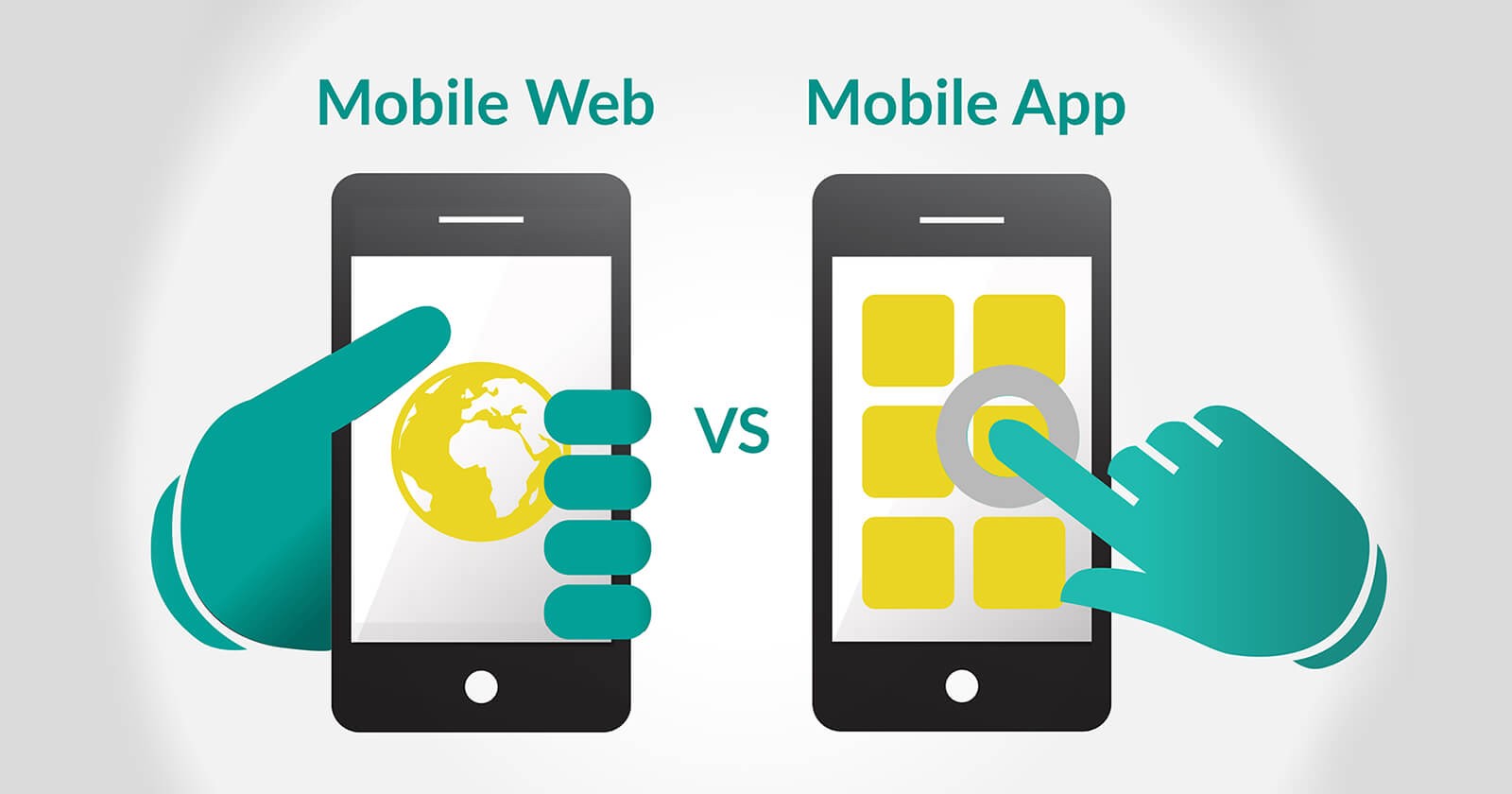


Mobile web and mobile apps are being used in the same media. While mobile web is a scale down version of the regular website, the mobile app is different as it is a software application developed specifically for mobile devices such as smartphones, tablets or any other handheld device.
They are similar yet different in some ways. But mobile applications are better to be used in e-commerce due to a few major factors.
Personalization and customization are the keys to attract new customers and to retain them. In our current era customers usually want instant results when surfing for what they need or are in their line of interest which could also be situational according to location. Mobile apps run in the background to collect data for analysis to be able to allow business operators to take advantage of in terms of business. While using mobile web there won't be data collected once there is no internet access by the user. As such mobile apps are able to perfectly tap into all these areas in the current era.
With mobile apps running in the background push-in notifications come into play to gain the interest of the customer. It is usually sent when the user does a specific action while using the app which is one of the main reasons many companies should choose the mobile application instead of a mobile website.
Mobile devices usually contain features like GPS, Camera, Proximity sensor, biometric sensor, etc. These features cannot be applied to the mobile web but it can be utilized by mobile apps. This provides the customer features to easily use the apps with convenience according to the functions the app utilizes. For example if a community-driven map app requests for the user's location, all the user needs to do is enable the GPS feature in their mobile device.
As apps require internet connection to operate most of the task set beforehand , there are still some basic functions available to users in offline mode. For example in touch and go the user is able to view the available stuff which the information is based on when the user is last online. Once the user is online all the information about the products will be automatically updated
Mobile websites depend on their browser features which correspond to the mobile device's 'back button', 'pull down refresh' to work. While mobile apps are not limited nor do they rely on these features as they are able to be implemented with gestures of many kinds such as 'tap','swipe', 'drag', 'pinch', 'hold' and etc. These gestures in an app offer new and creative functions to assist the users to perform certain tasks. For example, a user can zoom in and zoom out by just pinching and reverse pinching gestures on the mobile device.
In study it is shown that people spend more time on apps which says that users use mobile apps more. Even if the app is not used regularly the brand presence still increases overtime. This is mainly due to the fact the app once installed on the phone stays on the phone until the day it gets removed by the user. This increases the said user's regular interval of him seeing the app even if it is not being used actively. This will influence the user view about the brand making it more familiar to said user as time goes on.